
To develop as a leading department for Electrical Engineering professionals with strong values and national ethos.

Electrical Engineering department of VSGOI has experienced faculty members with expertise in areas, such as Power Systems and Power Electronics, Electrical Machines, Smart Grid, Communications and Networking, and Signal Processing. The range of knowledge gained during the undergraduate programmed in EE is amazingly broad and versatile. Even basic exposure gives students a wide range of skills - from programming to writing reports. Even if one is studying a specific part of electrical engineering, one gets basics of almost all aspects of electrical engineering. Concept wise EE is a very inclusive branch of engineering. Studying it makes students capable of finding solutions to problems which are not strictly in their specific field of expertise. EE labs at VSGOI are equipped with powerful computing environment and licensed software's like, MATLAB (version 7.9) with Control system Tool Box and Simulink, AUTO CAD (Electrical), LAB View, etc. Electrical engineering branch is evergreen and ever remains in vogue for employable EE graduates in both India and abroad. B.Tech degree in EE from VSGOI not only increases employability of its students but also makes them sustain and excel amongst the best of talents in EE.
Duration: 4 Years
Engineering Knowledge:
Apply the knowledge of mathematics science, engineering fundamentals, and an engineering specialization to a solution of complex engineering problems.
Problem Analysis:
Identify, formulate, review research literature, and analyze complex engineering problems reaching substantiated conclusions using first principles of mathematics, natural sciences, and engineering sciences.
Conduct investigation of complex problems:
use research-based knowledge and research methods including design of experiments, analysis, and interpretation of data and synthesis of the information to provide valid conclusions.
The Engineer and Society:
apply reasoning informed by the contextual knowledge to assossocietal, health, safety, legal, and cultural issue and consequent responsibilities relevant to the professional engineering practice.
Ethics:
apply ethical principles and commit to professional ethics and responsibilities and norms of the engineering practice.
Project management and finance:
demonstrate knowledge and understanding of the engineering and management principles and apply these to one's own work, a member and leader in a team, to manage projects and in multidisciplinary environments.
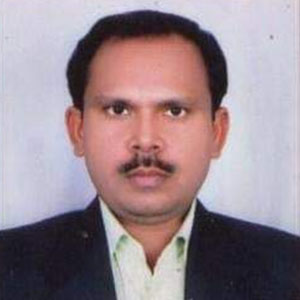
Email: cls.vsgoi@gmail.com, chhavilal@mnnit.ac.in
Designation: Associate Professor (EE)
Department: Electrical Engineering
Experience: 21 Years
Application of distance protection schemes in distribution system with distributed generations.
Micro- Controller based numerical Mho distance Relay for long Transmission line protection.
Application of AI, PMU data in protection.
One International conference, Two SCI index journal papers
Academic Coordinator (CSE & EE)
Faculty Incharge-Lab at KIT, Kanpur.
Controller of Examinations at RIET, Kanpur.
Counselling In-charge of UPSEE-2013 at RIET, Kanpur.
Dean Academic at RIET, Kanpur.
Head of Department at RIET, Kanpur.
B. Tech first year coordinator in Rama University
Convener of syllabus designing of Electrical Engineering in Rama University.
Head of Department at REC Banda.
I got two times best faculty award at K. I. T., Kanpur
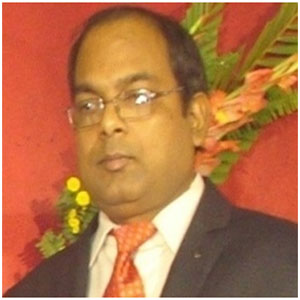
Email: sudhirsri16@gmail.com
Designation: Assistant Professor Head of Department(EE)
Department: Electrical Engineering
Experience: 19 Years
Head of Department (EE)
I got best faculty award at SITM, Unnao.
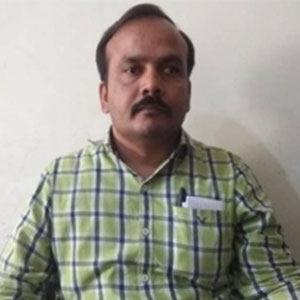
Email: mpecanand@gmail.com
Designation: Assistant Professor (EE)
Department: Electrical Engineering
Experience: 15 Years
Work done as controller of examination and HoD at Ram University, Kanpur
I got best faculty award at SITM, Unnao.
I got two times best faculty award at K. I. T., Kanpur
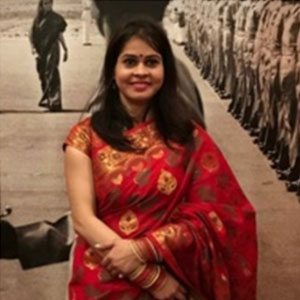
Email: ankitaforfrndz@gmail.com
Designation: Assistant Prof. in EE department
Department: Electrical Engineering
Experience: 5 Years
2
Grievance redressal committee, Quality assurance cell.
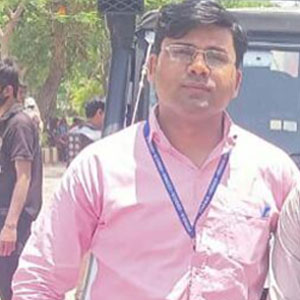
Email: mohdmudassir904@gmail.com
Designation: Assistant Professor(A.P.)
Department: Electrical Engineering
Experience: 4.5 Years
1
Sports coordinator, class coordinator.
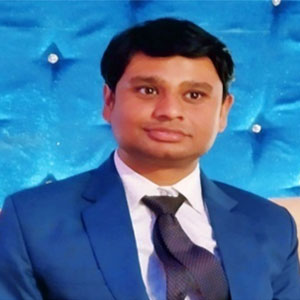
Designation: Assistant Professor
Department: Electrical Engineering
Experience: 5 Years
Leadership, Electrical Vehicles
5G , Metlab programing language.

Basic Electrical Engineering Lab is used with the institute core course "Introduction to Electrical Engineering". The experiments are designed to expose students to the practical executions of the fundamental theories of Electrical Engineering.

It exposes the students to the construction, operation speed control, efficiency and performance calculation of DC machines, and provide them experimental skills. It imparts knowledge of operation of transformer with their testing (OC & SC) & calculation of efficiency of transformer. It also imparts knowledge of operation and performance of Auto-transformer.
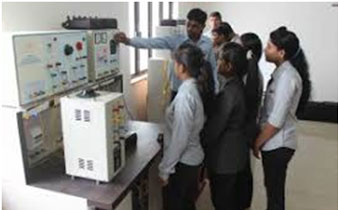
Electrical Machine Lab - II lab is meant: To expose the students to the Experimental Skills of AC machines. To impart knowledge on construction, principle of operation, speed control & knowledge on starting & performance of 1-F & 3-F Induction machines. To impart knowledge on construction, performance of salient & non-salient type synchronous generator and knowledge on principle of operation & performance of synchronous motor.
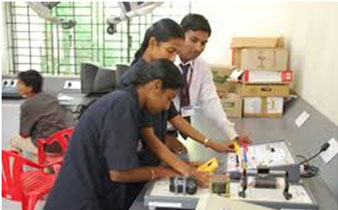
In Power Electronics Lab, we demonstrate the characteristics and triggering of thyristor (SCR), IGBT, MOSFET and Power Transistor etc. Analyze the performance of 1-F fully controlled & half controlled phase control rectifier (PCR) with different loads. We also demonstrate the cyclo-converter & operation of MOSFET based inverter.
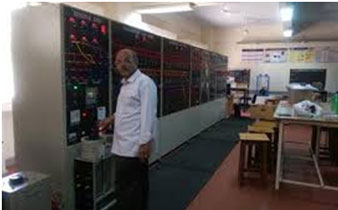
Power System laboratory comprises of calculation of parameters for transmission line, simulation of Ferranti effect and skin effect for transmission lines. This lab also consist study of various relay like differential relay, thermal Relay, over current relay.
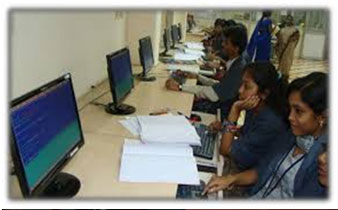
Simulation Laboratory facility includes software and virtual platforms like MATLAB, PSPICE used for undergraduates subjects. The laboratory deals with re-creation of a real world process in a controlled environment with the help of modeling and programming.